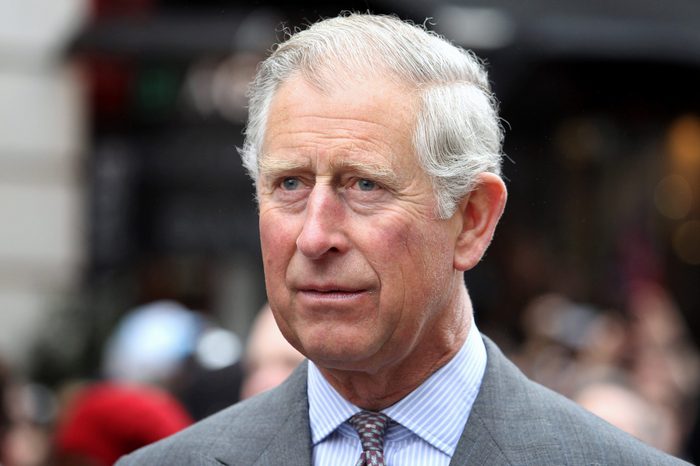Why didn't British citizens want Charles to be king? An expert explains.
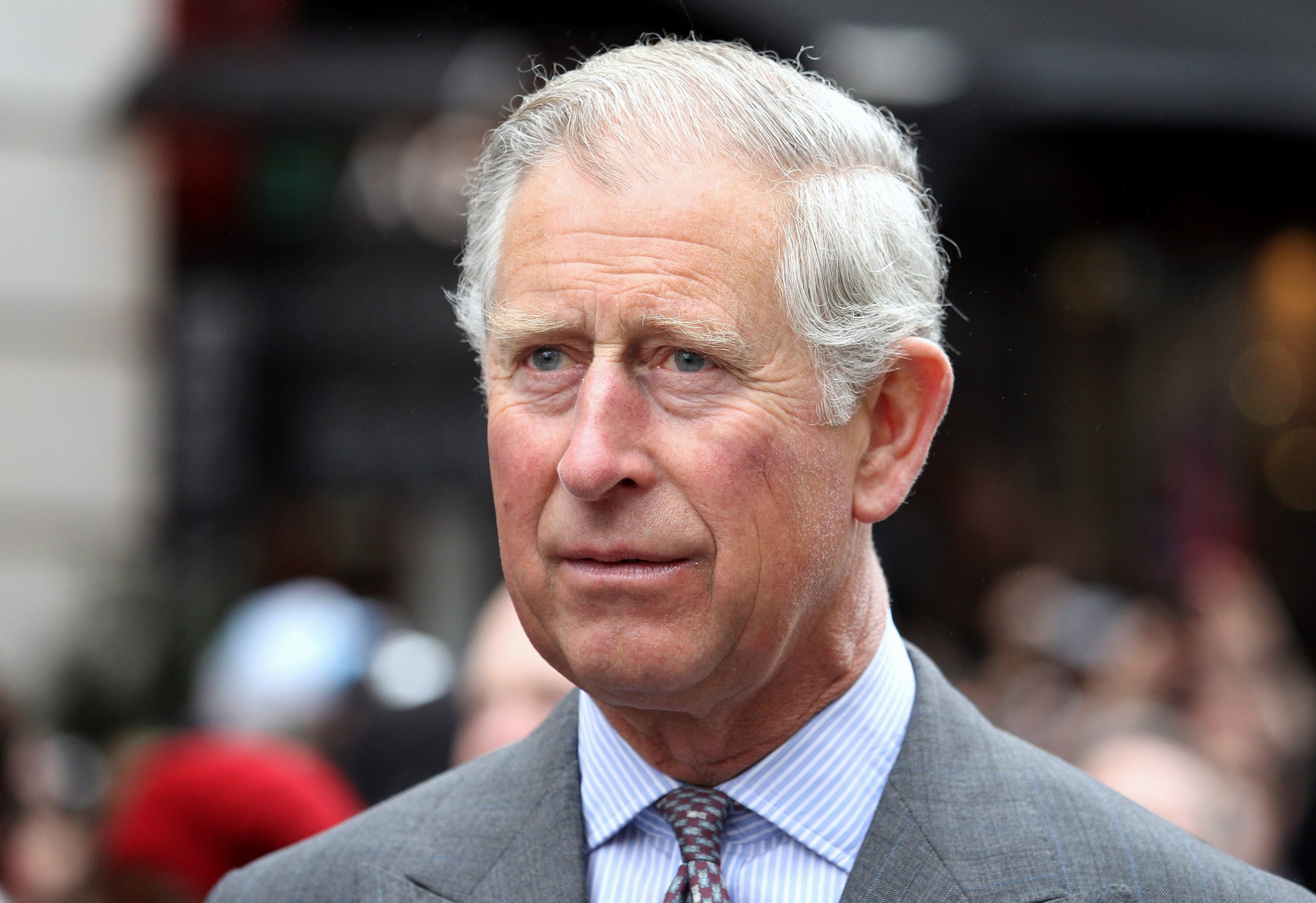
10 Reasons British Citizens Didn’t Want Charles to Be King


They favored William and Kate
The British public adores the Prince and Princess of Wales and their three children, which explains why nearly half the British public wanted Charles to step aside and give the throne to his oldest son when the time came, according to a 2019 survey by BMG Research. Prince William and Kate Middleton have now been married for 14 years, and their gorgeous, scandal-free family are beloved in the U.K. At one point William and his brother Harry were the most liked royals “since records began,” according to the Evening Standard, though Harry has dropped a bit since he stepped back from his royal duties. So it makes sense that people wanted to see William, in particular, on the throne.
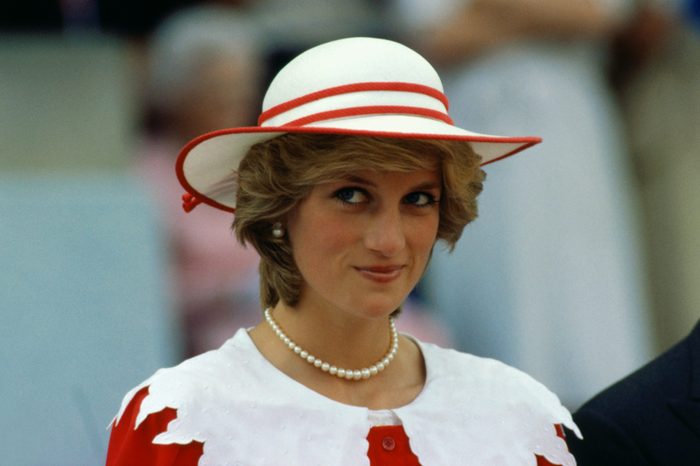
They still loved Princess Diana
Princess Diana once said she wanted to be the queen of people’s hearts—and she succeeded. In fact, Princess Di’s popularity is a big reason why public opinion on Charles soured over the years. Many British citizens couldn’t forgive him for his treatment of Diana during their ill-fated marriage. (Charles publicly admitted that he started his affair with Camilla Parker Bowles in 1986, while still married to Diana.)
To this day the Brits are protective of Diana, and many people had trouble forgiving Charles’s past offenses after details of his troubled marriage became public—which explains why they wanted him to step aside in favor of his son William.
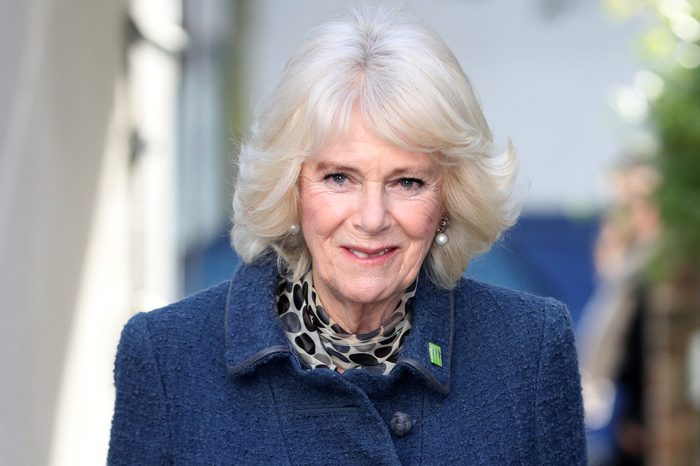
Many didn’t want to see Camilla as the queen
That same BMG survey that showed the public favored William over Charles also revealed that only 20% thought Camilla should become queen. Again, things have changed. These days, Camilla’s popularity is at an all-time high: 53%, according to the recent YouGov poll. Camilla now has the title of queen consort, and the public has warmed up to her in large part due to her tireless charity work, according to the Guardian.
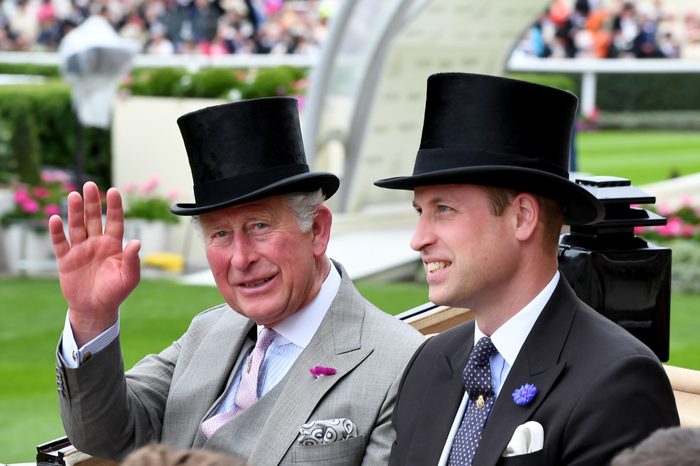
They didn’t want a “petulant” king
If you peruse most of the bestselling books about the royals, you’ll see that Charles isn’t exactly praised by biographers. Even those with a credible connection to him are quick to point out his flaws, as Tom Bower, author of Rebel Prince, outlines in his book about the (now) king. Confidantes describe Charles as petulant and uncaring about times he caused harm, and worse, some of his private rants and tantrums have been made public, further damaging his reputation.
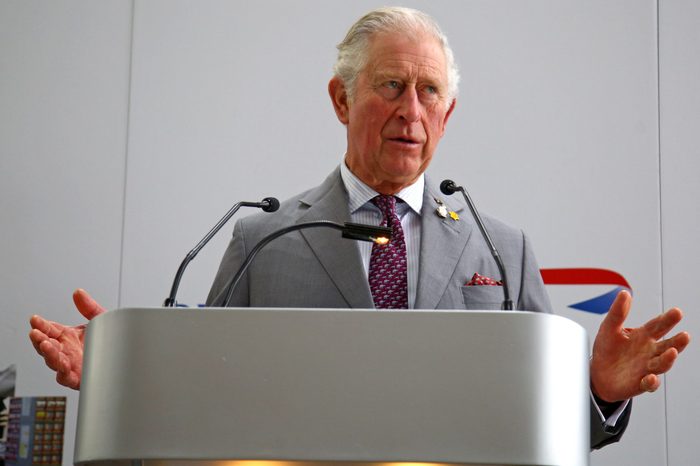
They thought he wouldn’t do a good job
Before the queen’s death, many British citizens were worried Charles wouldn’t rise to the occasion and be an effective king. As Prince of Wales, Charles expressed strong opinions about social issues and even politics. “A monarch is expected to remain above politics, and there were concerns that King Charles would have difficulty with the transition from being an outspoken Prince of Wales to being an impartial king,” Harris says.
Once on the throne, Charles reassured the public he had the temperament for the job. “In his accession speech, he made it clear that he would not devote himself to the causes that he had championed as Prince of Wales and would leave that work to others,” Harris says. He also got busy earning public support with popular moves like opening Balmoral Castle and the east wing of Buckingham Palace for guided tours.

A longer reign offers a reassuring consistency
Elizabeth became queen when she was 25 years old, and she died at the age of 96. “Queen Elizabeth II reigned for seventy years, the longest reign in British history,” Harris says. Charles’s reign will be far shorter, and the briefer stint on the throne might explain why British citizens were averse to his accession. Change can be scary, while consistency is reassuring and gives people a clearer sense of what to expect for the future of the British monarchy.
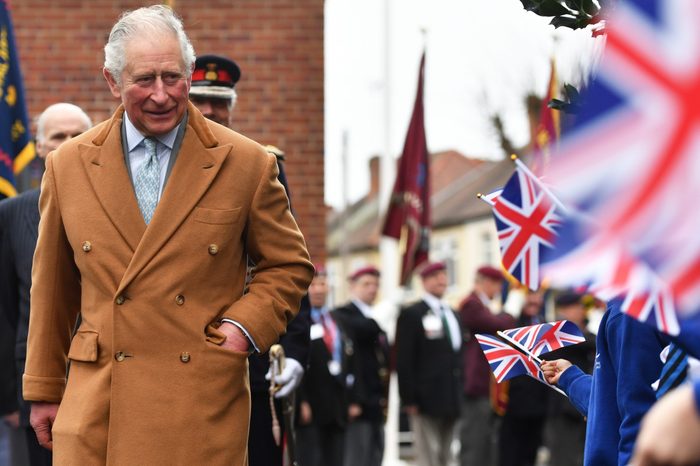
They thought Charles seemed like a snob
Let’s face it: Charles doesn’t possess the charm and warmth that Princess Diana had, and he often comes off as aloof (the New Yorker once called him a “snob”). Although it may be unfair to compare Charles with those who haven’t been raised to follow exacting protocols, he hasn’t always seemed eager to relate to ordinary British citizens. William, like his mother Diana, connects with regular people and is considered more compassionate than Charles, helping to explain the public’s preference (at the time) for William’s accession.
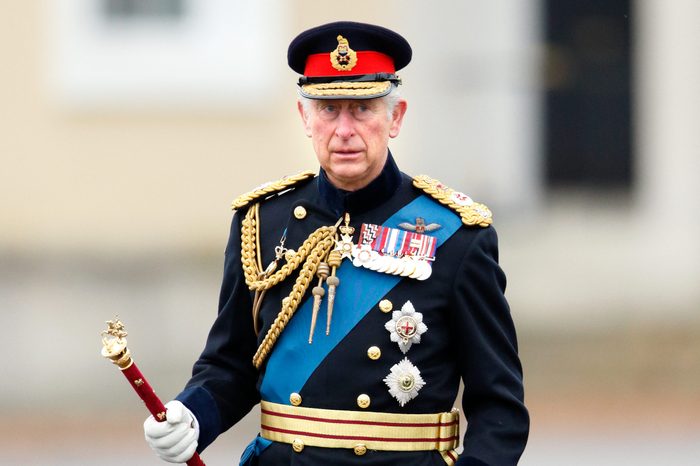
King Charles sees the monarchy in a “different way”
When he was still a prince back in 2010, Charles told Vanity Fair that he sees the role of a constitutional monarch “in a different way” than those who have reigned before him. That may not sound alarming to people in the U.S., but his vague ideas on changing what is a very traditional role scared some people. He might have calmed his future subjects if he had been more specific about what he wanted to do differently.
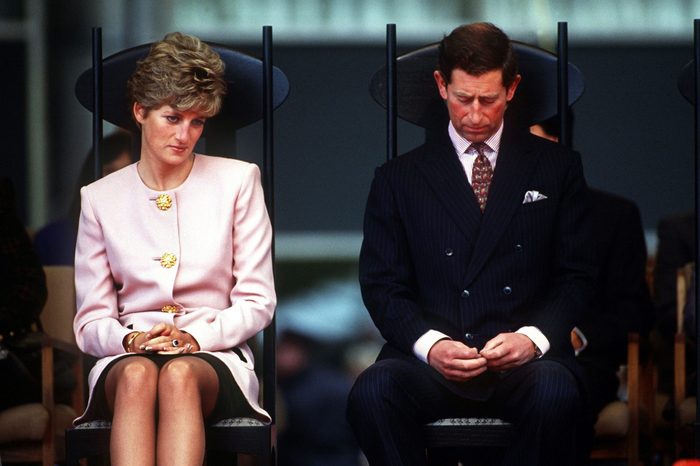
They saw him as disloyal
Depending on your perspective, Charles has a history of demonstrating conflicting loyalties to the people in his life—and himself. He betrayed his love for Camilla to marry Diana. He then cheated on Diana with Camilla, and he initially went against royal family wishes concerning the divorce (he resisted at first). While divorce was ultimately the right decision for Charles, it left the public with lingering concerns about his character. Loyalty is essential for a monarch, so at the time these misgivings made it hard for the public to fully embrace the idea of Charles as their future king.
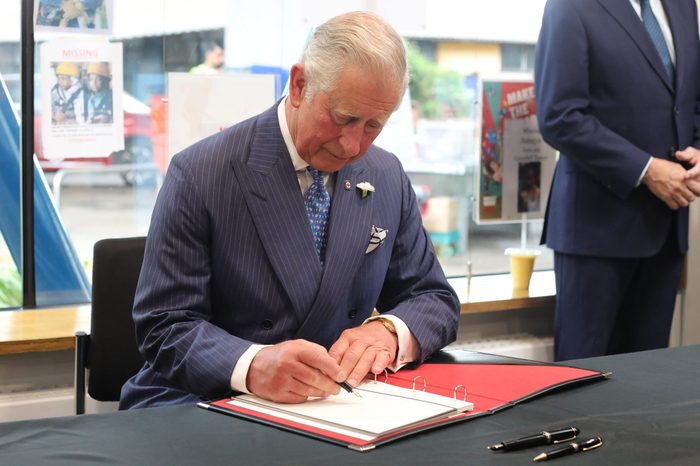
His good works didn’t always make headlines
Blame the British tabloids or Charles’s self-created scandals, but the more salacious details of his life often get top billing over his noble acts. But Charles has done a lot of good work for the United Kingdom over the years, and he has tried to make a difference. An avid outdoorsman and environmentalist, he has long raised awareness about the need to protect natural spaces. He is also a champion of the arts, and has devoted a lot of time to the many charities he has started.
About the expert
|
Why trust us
Reader’s Digest has published hundreds of stories on the British royal family, providing a behind-the-scenes look at the fascinating facets of the monarchy. We regularly cover topics including the latest royal news, the history and meaning behind time-honored traditions, and the everyday quirks of everyone’s favorite family members, from Queen Elizabeth’s daily snack to Prince William’s confessions about his home life. We’re committed to producing high-quality content by writers with expertise and experience in their field in consultation with relevant, qualified experts. We rely on reputable primary sources, including government and professional organizations and academic institutions as well as our writers’ personal experiences where appropriate. We verify all facts and data, back them with credible sourcing and revisit them over time to ensure they remain accurate and up to date. Read more about our team, our contributors and our editorial policies.
Sources:
- Carolyn Harris, instructor of history at the University of Toronto; email interview, April 4, 2025
- Newsweek: “British Support for King Charles Doubles: Poll”
- Independent: “Almost Half of British Public Want Prince Charles to Give Throne to William upon Queen’s Death, Survey Finds”
- Evening Standard: “Duke of Cambridge and Prince Harry ‘Are the Most Liked Royals Since Records Began'”
- Guardian: “Camilla at 70: A Woman Transformed”
- New Yorker: “Where Prince Charles Went Wrong”
- Vanity Fair: “Exclusive: Prince Charles on the Environment, the Monarchy, His Family, and Islam”





















